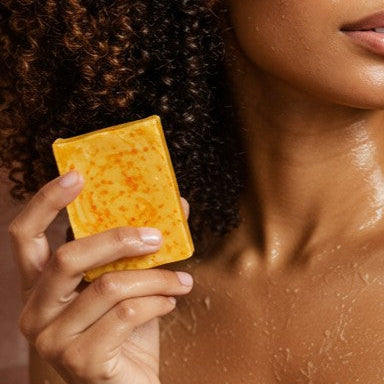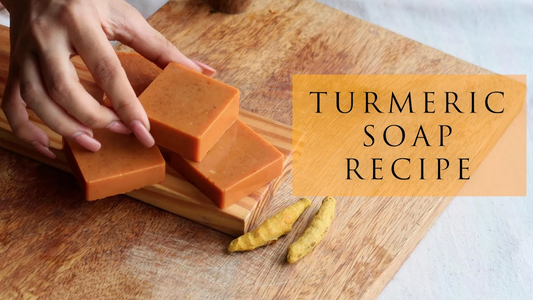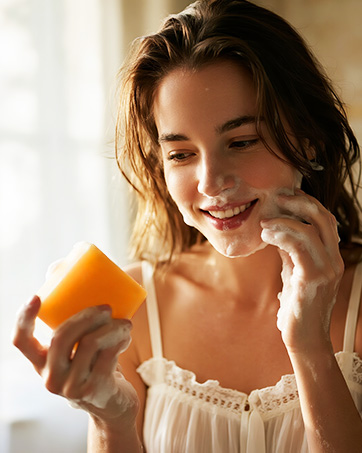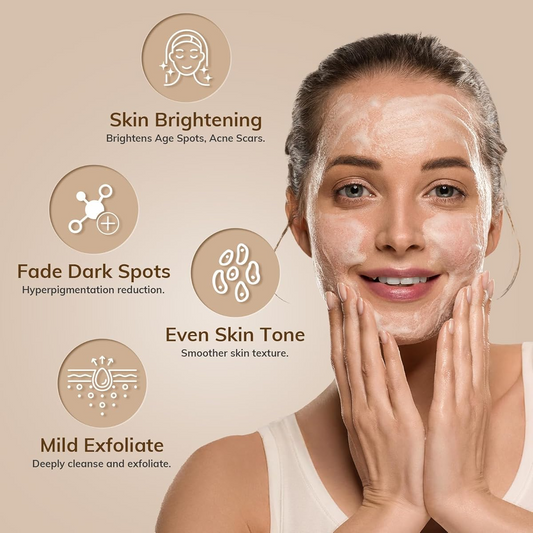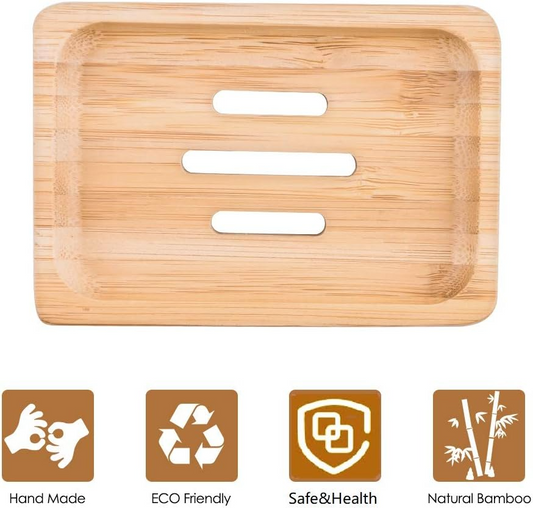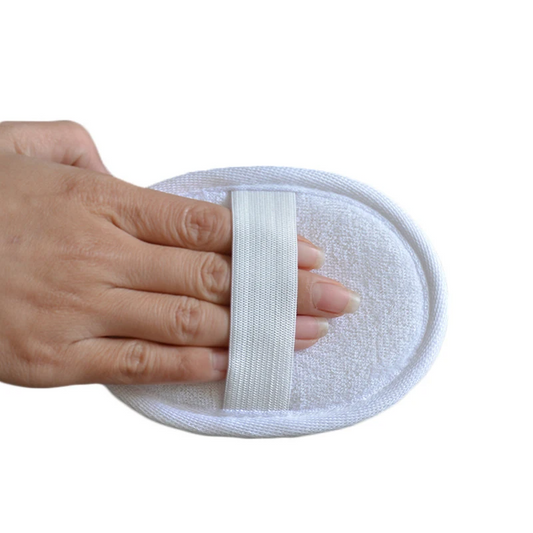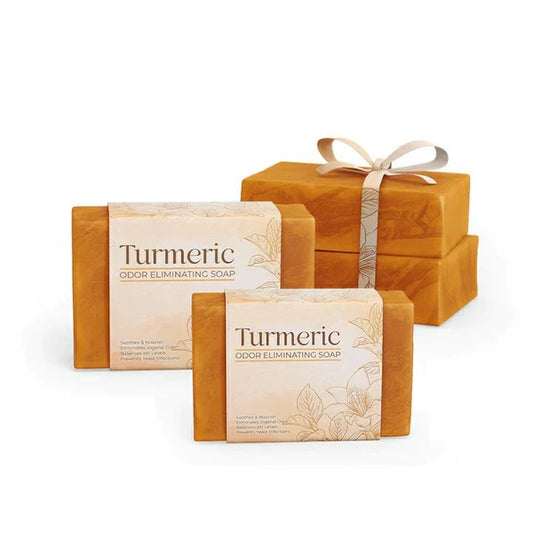1. Introduction: Are You Using the Right Soap?
When shopping for soap, you’ve probably seen labels like “organic,” “natural,” or “handmade.” But what do they really mean? Are organic soaps truly better than commercial soaps, or is it just clever marketing?
💡 Quick Answer: Organic soap is made from plant-based ingredients and is free from harsh chemicals, while regular soap often contains synthetic additives that may irritate the skin.
In this guide, we’ll cover:
✅ The main differences between organic & commercial soap
✅ Which one is better for sensitive skin?
✅ Does organic soap last longer & save you money?
🔗 Related Article: What is Natural Soap? Benefits & Why You Should Switch
2. What is Organic Soap?
Organic soap is made from natural oils, butters, and essential oils without synthetic additives. It is often handcrafted using the cold-process method, which preserves its natural nutrients.
🔹 Key Features of Organic Soap:
✅ Made with plant-based ingredients (Coconut oil, Shea butter, Olive oil)
✅ Free from synthetic chemicals (No sulfates, parabens, artificial colors)
✅ Gentle on sensitive skin & retains natural glycerin for hydration
✅ Eco-friendly & biodegradable – No plastic waste or harmful toxins
3. What is Regular (Commercial) Soap?
Regular soap, often called “commercial soap”, is mass-produced with synthetic detergents, artificial fragrances, and preservatives to extend shelf life.
🔹 Key Features of Regular Soap:
❌ Contains Sodium Lauryl Sulfate (SLS) – Can strip natural oils & cause dryness
❌ Artificial fragrances & dyes – May trigger allergies or skin irritation
❌ Glycerin is removed – Sold separately in moisturizers, making the soap less hydrating
❌ Not environmentally friendly – Often packaged in plastic & contains non-biodegradable chemicals
🔗 Related Article: How to Identify Truly Natural Soap (Not Just Marketing)
4. Organic vs. Regular Soap: What’s the Difference?
| Feature | Organic Soap | Regular Soap |
|---|---|---|
| Ingredients | Plant-based oils, essential oils, no chemicals | Synthetic detergents, artificial fragrances, parabens |
| Moisturizing? | Yes, rich in glycerin | No, glycerin is removed |
| Eco-Friendly? | 100% biodegradable, plastic-free | Contains microplastics, non-biodegradable |
| Best for Sensitive Skin? | Yes, free from irritants | No, may cause dryness & irritation |
| Price | Slightly higher, but lasts longer | Cheaper, but requires more skincare products to compensate |
💡 Verdict: If you want a soap that’s gentle, moisturizing, and chemical-free, organic soap is the best choice.
5. Is Organic Soap Worth the Price?
Many people hesitate to buy organic soap because of the price. However, in the long run, organic soap saves money because:
✔ It lasts longer than regular soap (no harsh detergents to dissolve quickly).
✔ You spend less on moisturizers & skin treatments since it prevents dryness.
✔ It reduces skin issues like eczema & acne, saving on dermatologist visits.
6. Which One is Best for You?
✅ Choose Organic Soap if:
- You have sensitive skin & need chemical-free ingredients.
- You want moisturizing soap that doesn’t strip your skin.
- You care about eco-friendly products & sustainability.
❌ Stick with Regular Soap if:
- You need a cheaper option for everyday use.
- You don’t have skin sensitivity issues.
7. Final Thoughts: Should You Switch to Organic Soap?
Yes! Organic soap offers better skin benefits, longer-lasting hydration, and is eco-friendly.
🔗 Read More:

